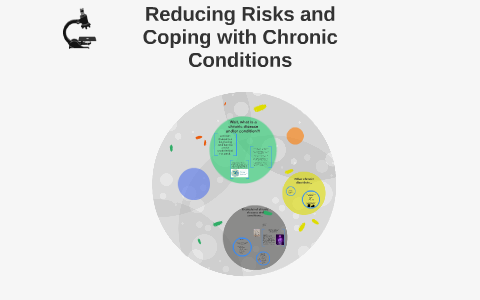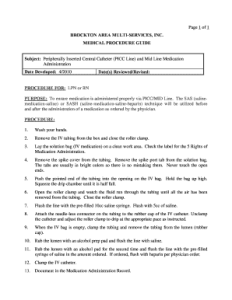
Managing Chronic Conditions: Tips for Coping and Treatment
Introduction
Living with a chronic condition can be challenging, but with the right tools and strategies, it is possible to effectively manage the symptoms and lead a fulfilling life. This article will provide tips for coping and treatment options for individuals with chronic conditions.
Educate Yourself
One of the first steps in managing a chronic condition is to educate yourself about the condition. Research and gather information from reputable sources, such as medical professionals, support groups, and trusted websites. Understanding the causes, symptoms, and treatment options will empower you to make informed decisions and actively participate in your own care.
Develop a Support Network
Building a strong support network is essential in coping with a chronic condition. Reach out to family, friends, and support groups who can provide emotional support and encouragement. Joining online communities dedicated to your specific condition can also be helpful in connecting with others who are facing similar challenges.
Adopt a Healthy Lifestyle
Living a healthy lifestyle is crucial for managing chronic conditions. Incorporate regular exercise into your routine, following the guidelines provided by your healthcare provider. Eat a balanced diet rich in fruits, vegetables, whole grains, and lean proteins. Avoid smoking and limit alcohol consumption. These lifestyle changes can improve your overall health and potentially reduce the severity of symptoms associated with your condition.
Seek Professional Help
Consulting with healthcare professionals is vital for managing chronic conditions. Work closely with your primary care physician or specialist to develop an individualized treatment plan. Take your medications as prescribed and attend all necessary appointments. Regular check-ups and ongoing communication with your healthcare team will help monitor your condition and ensure timely interventions if needed.
Practice Stress Management Techniques
Chronic conditions can often be accompanied by increased stress levels. Developing effective stress management techniques can improve your overall well-being. Engage in activities that help you relax and unwind, such as yoga, meditation, deep breathing exercises, or pursuing hobbies that bring you joy. Prioritize self-care and make time for activities that promote mental and emotional well-being.
Create a Routine
Establishing a daily routine can provide structure and stability, helping you manage your chronic condition more effectively. Plan your activities, meals, medications, and rest periods in a consistent manner. Having a routine can also reduce stress and improve your ability to manage symptoms, as it enables you to better anticipate and plan for your needs.
Connect with Supportive Healthcare Providers
Not all healthcare providers have experience or expertise in managing chronic conditions. Seek out professionals who specialize in your specific condition or have a good track record in treating individuals with chronic illnesses. Building a professional relationship based on trust and open communication is crucial for receiving high-quality care.
Look for Community Resources
Many communities offer resources and programs to support individuals with chronic conditions. Research local organizations, clinics, or government initiatives that may offer assistance in managing your condition. From educational workshops to financial aid programs, these resources can provide valuable support and access to additional tools or treatment options.
Conclusion
While managing a chronic condition can be challenging, it is possible to lead a fulfilling life with proper coping strategies and treatment. By educating yourself, developing a support network, adopting a healthy lifestyle, seeking professional help, practicing stress management techniques, creating a routine, connecting with supportive healthcare providers, and utilizing community resources, you can effectively manage your chronic condition and improve your quality of life.

